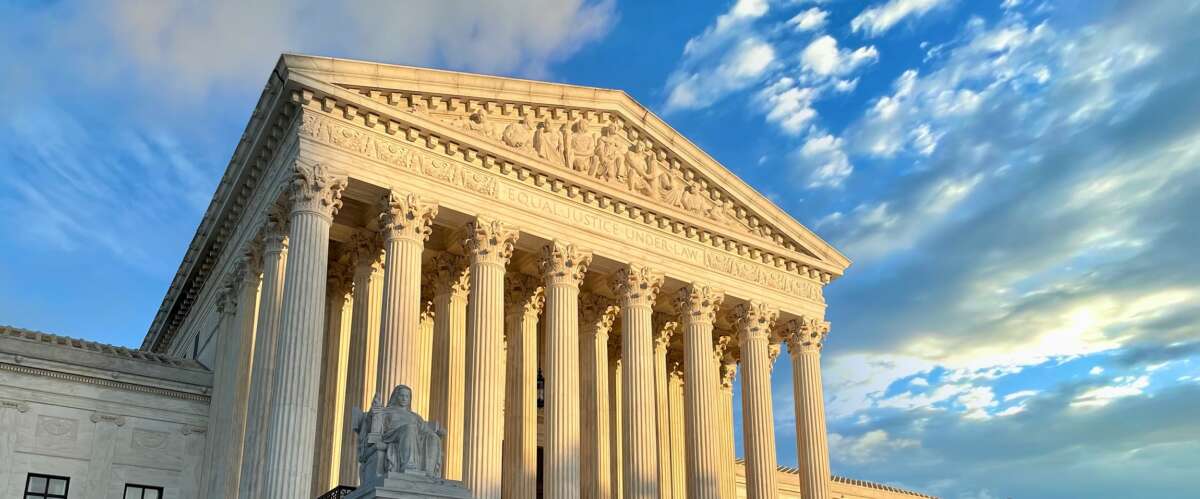Alabama state officials are appealing a decision by a federal court that found, for a second time, that congressional maps drawn by the state legislature were in violation of the Voting Rights Act.
After an appellate court ruled that the original maps, drawn after the decennial federal Census, were an unlawful racial gerrymander, Alabama appealed to the U.S. Supreme Court, which affirmed the lower court’s ruling. Alabama was therefore ordered to redraw its districts to create at least two districts in which Black voters would be the majority, or “something close to it,” since the original maps diluted Black voter strength.
The Republican-controlled state legislature, however, passed a new map that contained only one Black voter-majority district, similar to the original map that was drawn. The court, upon reviewing the new map, determined that it was still a racial gerrymander and ordered that a special master and cartographer redraw the congressional boundaries by the end of this month, recognizing that the legislature blatantly defied its order.
Alabama state officials asked the appellate court for a stay of that decision, pending its appeal, on Monday. The federal court refused to issue that injunction, which resulted in the state appealing to the Supreme Court, asking for an emergency stay until the matter is settled. The Supreme Court will likely decide how to respond within a matter of weeks.
Urgent resolution is needed, as Alabama has an unusually early primary election date of March 5, 2024, for its congressional races.
Within its original request for a stay, Alabama officials ironically contended that the court’s demands were racist — that, by creating two districts that bolstered the voting strength of Black voters, such maps would “intentionally segregate Alabamians based on race.” They also contended that a “court-drawn map” would create boundaries “that no state could constitutionally enact.”
In its decision denying the motion to stay their order, the three-judge panel said that the state was unlikely to win its case in the Supreme Court.
The state “has lost three times already, and one of those losses occurred on appeal,” the court said in its decision. “We have twice enjoined a plan that includes only one majority-Black or Black-opportunity district on the ground that it likely dilutes the votes of Black Alabamians in violation of Section Two of the Voting Rights Act.”
Eric Holder, who served as former President Barack Obama’s attorney general and who is the current chair of the National Redistricting Foundation, decried Alabama officials for attempting to maintain maps that had a detrimental impact on Black voters.
“This is a shameful and arrogant continuation of a sordid history in Alabama that denies equal rights to Black Alabamians, no matter how the United States Supreme Court rules,” he said in a statement.
Join us in defending the truth before it’s too late
The future of independent journalism is uncertain, and the consequences of losing it are too grave to ignore. We have hours left to raise the $12,0000 still needed to ensure Truthout remains safe, strong, and free. Every dollar raised goes directly toward the costs of producing news you can trust.
Please give what you can — because by supporting us with a tax-deductible donation, you’re not just preserving a source of news, you’re helping to safeguard what’s left of our democracy.
